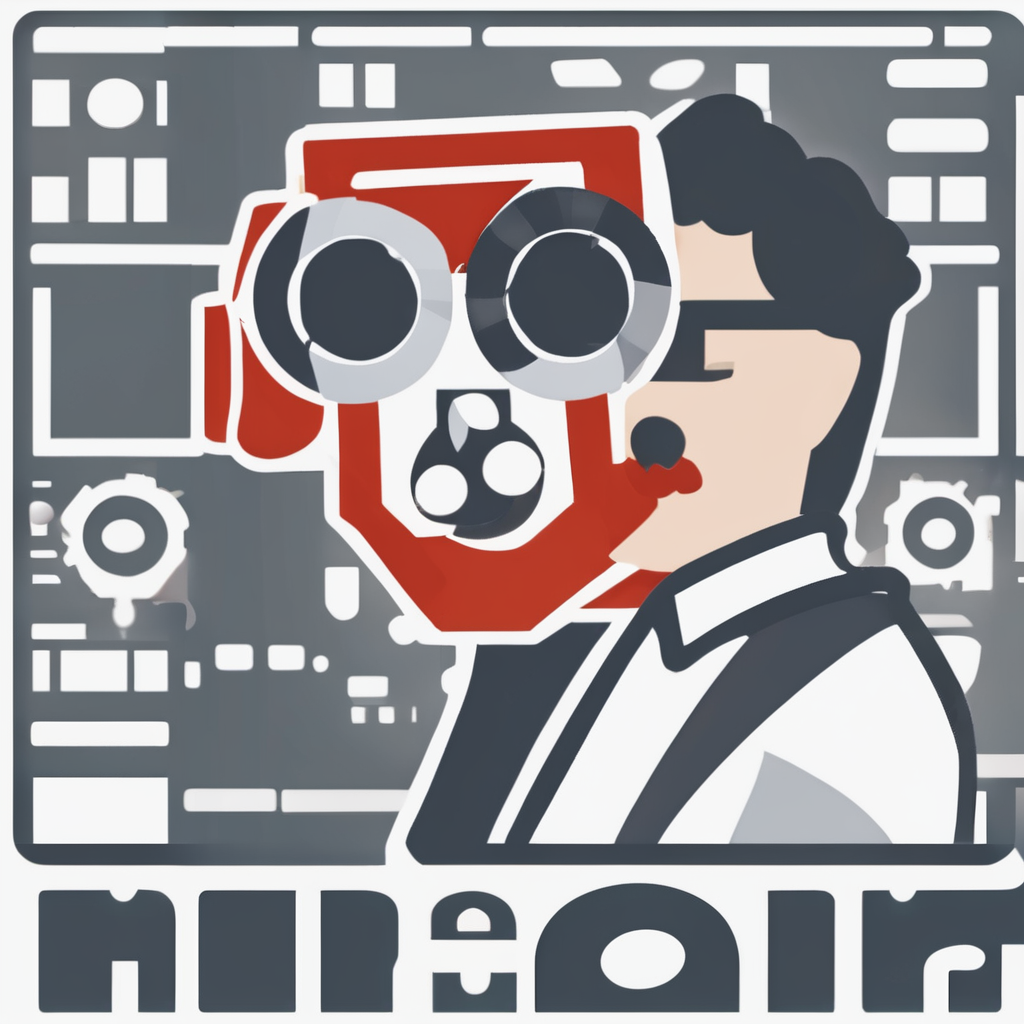Overview of AI’s Influence on UK Job Markets
Artificial intelligence is transforming the UK workforce at a remarkable pace. Across diverse sectors, the AI impact on UK jobs is evident, affecting roles both in automation and augmentation. Recent UK workforce statistics reveal that industries adopting AI report improved efficiency but also a complex mix of job displacement and creation.
Key data indicates that roughly 20% of jobs face significant change due to AI integration. Roles involving routine tasks, such as data entry and certain manufacturing positions, experience the most automation. Conversely, AI fosters growth in sectors requiring advanced digital skills like software development, data analysis, and AI system maintenance.
Also read : How is UK technology enhancing the entertainment industry?
Employment trends indicate a consistent shift towards hybrid roles where AI tools assist human workers rather than replace them outright. This creates a demand for reskilling and upskilling initiatives. Moreover, the effects of artificial intelligence echo beyond job quantity; they reshape job quality, requiring new competencies and adaptation.
Understanding these shifts is crucial. The artificial intelligence effects on jobs are not uniform. Organizations and workers must navigate this evolving landscape by focusing on flexibility and lifelong learning to remain competitive in the changing UK employment market.
This might interest you : How Is Artificial Intelligence Shaping Data Security in the UK?
Sectors Most Affected by AI
The AI impact on UK jobs varies notably across industries, with some sectors facing rapid job automation while others witness growth through emerging AI applications. According to recent UK workforce statistics, manufacturing leads in job automation UK, especially in repetitive, manual tasks. Finance also experiences significant AI influence, where algorithm-driven analysis replaces traditional roles like data processing and routine compliance checks.
Retail, too, is transforming; automated checkout and inventory systems reduce cashier and stock-keeping positions but introduce roles focused on managing AI tools. Meanwhile, sectors such as technology, healthcare, and green energy represent industry-specific AI trends that create new employment avenues. For example, AI in health promotes demand for specialists who design and maintain diagnostic tools and personalized treatment systems.
Recent data highlights that while automation threatens some jobs, AI simultaneously fuels growth by enabling innovation and efficiency in these emerging sectors. This diversity shapes a complex UK employment landscape, requiring stakeholders to balance job automation with strategic hiring in AI-enhanced fields.
Understanding these sectors impacted by AI is essential for grasping the nuanced artificial intelligence effects on the workforce and tailoring workforce development accordingly.
Overview of AI’s Influence on UK Job Markets
Small AI-powered advancements are reshaping the UK labour market with profound effects. Recent UK workforce statistics show that around 20% of roles undergo meaningful change due to AI integration. This highlights the significant AI impact on UK jobs across multiple sectors.
Automation primarily targets repetitive and predictable tasks, commonly found in manufacturing and administrative roles. However, the artificial intelligence effects extend beyond simple job replacement. Many employment trends now point to hybrid roles where humans work alongside AI systems. This collaboration enhances productivity and shifts duties toward more analytical, supervisory, or creative functions.
Moreover, the UK labour market experiences increasing demand for digital literacy and advanced technical skills. This is crucial for employees adapting to new AI tools and platforms. Upskilling and reskilling initiatives become pivotal, supporting workers in transitioning from displaced roles toward emerging job categories that AI creates.
In essence, the employment trends indicate a dynamic balance between automation-induced displacement and AI-driven job creation. Understanding these nuances is vital for policymakers, businesses, and individuals preparing for the evolving UK job market influenced by AI.
Job Displacement and Creation Patterns
Understanding job displacement by AI alongside the simultaneous job creation from AI is crucial to grasp workforce evolution in the UK. According to recent UK workforce statistics, roles involving routine manual or clerical tasks face the highest displacement risk due to automation. Examples include assembly line positions in manufacturing and data entry jobs. However, AI also drives growth in specialist areas such as AI system development, data science, and digital infrastructure management—highlighting distinct workforce transition UK patterns.
Labour market flexibility is a key theme in managing these shifts. Workers displaced by automation increasingly pivot to newly created roles requiring digital literacy and advanced technical skills. Reskilling programs, both public and private, play a vital role in this transition. For instance, targeted training initiatives help employees move from low-skill repetitive roles into hybrid positions where they manage or augment AI tools.
Research underscores that the artificial intelligence effects on employment are complex rather than uniformly negative. While some jobs are rendered obsolete, others emerge, often combining human judgment and AI capabilities. This dynamic necessitates adaptable workforce strategies to facilitate smooth transitions and capitalize on AI-driven opportunities in the evolving UK job market.
Overview of AI’s Influence on UK Job Markets
The AI impact on UK jobs is increasingly significant, with recent UK workforce statistics showing that around 20% of roles experience meaningful transformation due to AI adoption. Industries across manufacturing, finance, and retail drive much of this change, as automation reshapes traditional job functions. However, the influence of artificial intelligence extends beyond mere job replacement.
Employment trends reveal a growing shift towards roles that blend human expertise with AI capabilities. Workers are now often required to oversee AI systems, analyze complex data outputs, or engage in decision-making enhanced by AI tools. This shift demands higher levels of digital literacy and adaptability.
Moreover, the artificial intelligence effects on employment quality and job content are profound. Tasks once dominated by routine manual labour evolve into more supervisory and analytical functions. To adapt, employees benefit from ongoing learning and professional development focused on AI-related skills.
In summary, the UK’s job market is navigating a balance between automation-induced job displacement and the creation of new roles empowered by AI. This dynamic highlights the importance of understanding how the AI impact on UK jobs shapes workforce strategies for the near future.








